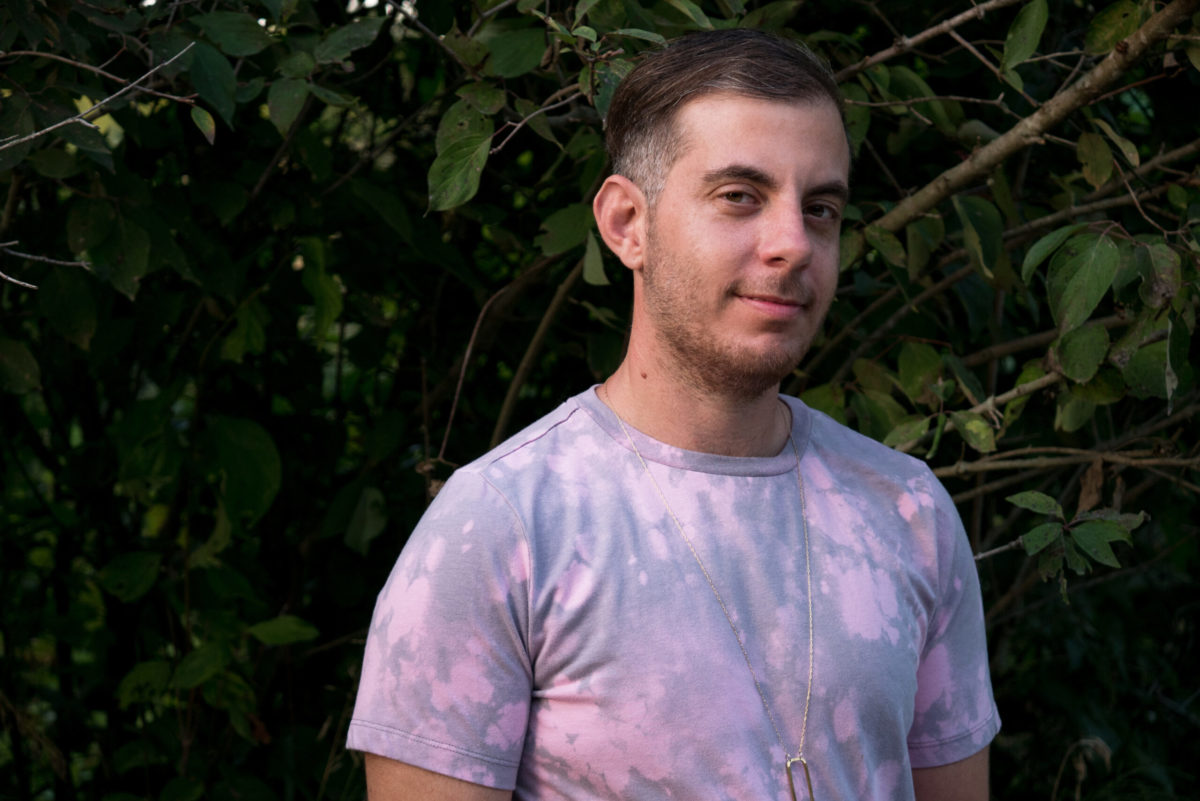
I had been following Joss Lake around, accidentally, for nearly two years before we actually met. He was a year ahead of me in the fiction track at Columbia, and he preceded me as an editor at Conjunctions—I joined the masthead about a month into his absence. I don’t remember the circumstances of our first official hang out, only that when we talked it was quickly obvious that our sensibilities overlap. We’re both processors, feelers of feelings, miners of affect, and we share myriad frustrations about the state of contemporary fiction while remaining a little bit Pollyanna about the possibility of writing to enact...something else. Something better.
You have reached your article limit
Sign up for a digital subscription and continue reading all new issues, plus our entire archives, for just $1.50/month.
Already a subscriber? Sign in




